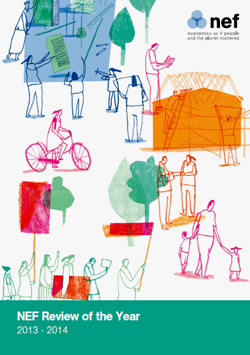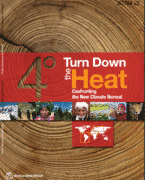18 November 2014 Last updated at 00:40 ET 
Related Stories
- ‘Robust action’ on UK bird flu case
- Bird flu case at Yorkshire duck farm
- Bird flu: What threat to humans?
A cull of 6,000 ducks is due to start following a confirmed case of bird flu at a breeding farm in East Yorkshire.
A six-mile (10km) exclusion zone has been paced around the farm in the village of Nafferton, within which the movement of all poultry is banned.
The flu strain has been identified as the H5 virus but not the H5N1 strain which can be deadly to humans.
Environment Secretary Liz Truss told the Commons the risk to public health was very low.
Good bio-security
Defra’s Animal and Plant Health Agency said culling of the livestock was expected to last all day.
Chief Veterinary Officer Nigel Gibbens said the farm had good bio-security in place so the risk of spread was “probably quite low”.
The European Commission said the outbreak was likely to be linked to migratory birds – possibly swans – heading south for winter, and to cases in the Netherlands at the weekend and Germany earlier in the month.
The transport of poultry and eggs has been banned throughout the Netherlands after an outbreak of the H5N8 bird flu strain was confirmed at a chicken farm in the central province of Utrecht.
…(read more).
Global Climate Change
Environment Ethics
Environment Justice
Health





